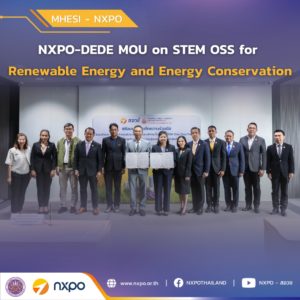On 30 April 2025, NXPO convened its Executive Board Meeting, chaired by Ms. Supamas Isarabhakdi, Minister of Higher Education, Science, Research and Innovation (MHESI). A key agenda item was the deliberation on Thailand’s Roadmap for Synthetic Biology and Engineering Biology Development.

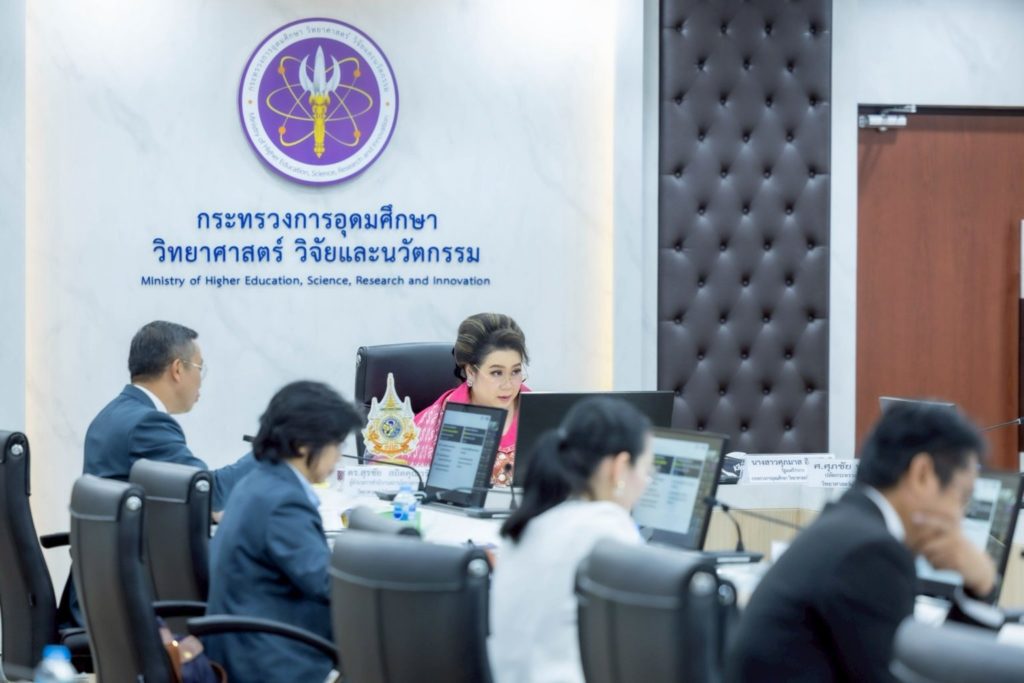

NXPO President Dr. Surachai Sathitkunarat presented the roadmap, underscoring the importance of synthetic biology (SynBio) — a multidisciplinary field combining biology and engineering to design novel, efficient biological systems tailored to specific applications. This emerging technology offers significant potential to drive innovation in sectors such as biopharmaceuticals, clean energy, advanced materials, and alternative proteins, with the capacity to deliver wide-ranging positive impacts on society. Since late 2024, NXPO has actively advanced this agenda through regular SynBio Consortium meetings, which have garnered strong interest from public and private sectors both in Thailand and internationally — reflecting the growing global momentum in this field.
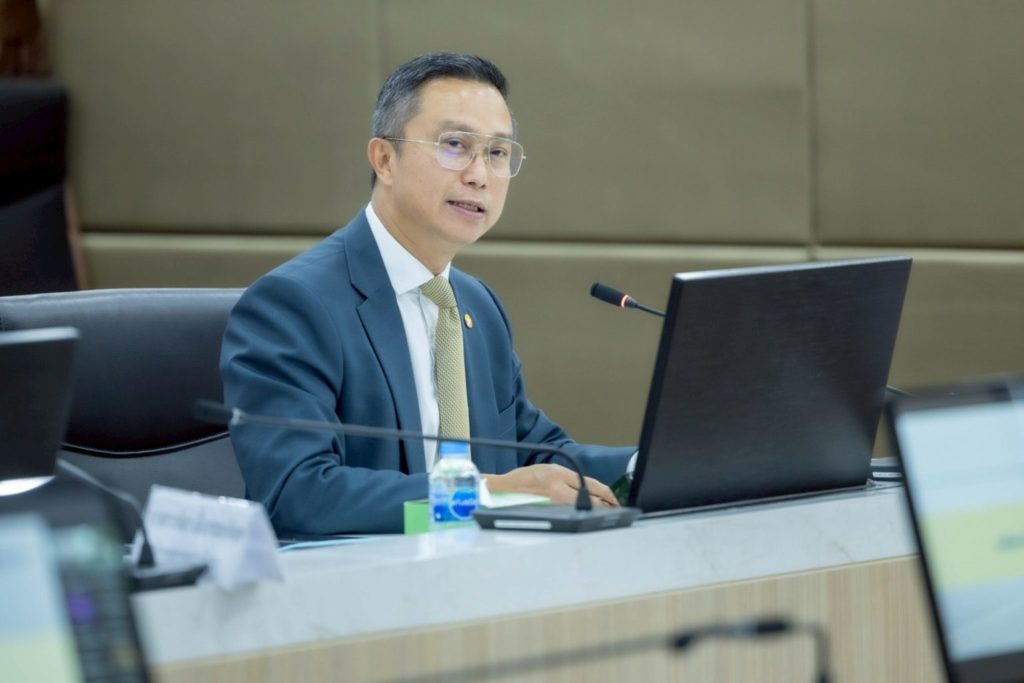
Dr. Kantapich Preedakorn, Policy Developer at NXPO’s Innovation Economic Policy Division, highlighted SynBio’s vast market potential and diverse applications across multiple sectors:
- Agriculture: Crop improvement and biofertilizer development.
- Food: Plant-based sweeteners offering healthier alternatives.
- Energy: Ethanol and biofuels from biomass.
- Medical and Pharmaceutical Industries: Enhancing treatment efficacy and supporting the wellness tourism sector.
Advancing these applications would reduce reliance on imports and promote the sustainable growth of Thailand’s bioindustry.
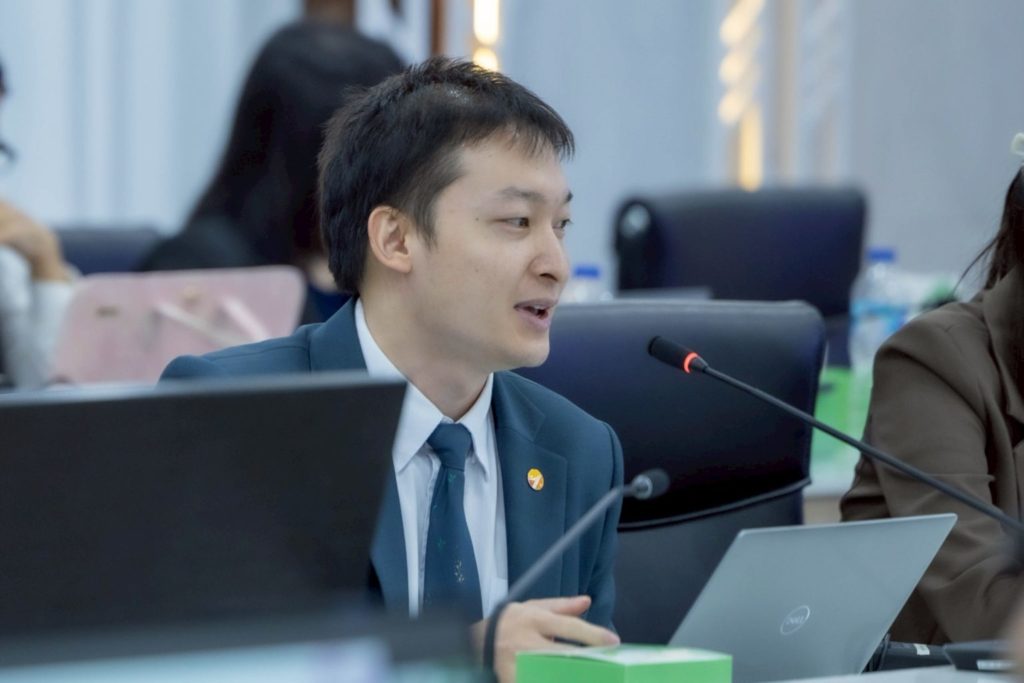
Dr. Kantapich also emphasized the need to address key gaps, noting that while Thailand has a solid foundation in biosciences, it has yet to fully transition into deep technology development and currently holds no SynBio-related patents. This highlights an urgent need to establish legal frameworks, intellectual property systems, and talent development pathways to support this emerging field. The strategic plan calls for initiatives to create clear career pathways for professionals, alongside opportunities for graduates to upskill in synthetic biology, machine learning, and artificial intelligence (AI). Thailand’s 10-Year Strategy for Synthetic Biology and Engineering Biology aims to build a comprehensive ecosystem that strengthens research capabilities, promotes industrial adoption, and positions SynBio and engineering biology as national priority technologies. Key strategic actions include targeted funding allocations, co-investment programs with international partners, participatory public engagement activities, regulatory framework enhancement, international collaboration, and investments in frontier research, scholarship programs, and workforce development. Equally critical is the development of industrial technologies and market expansion initiatives through business support mechanisms, competitiveness enhancement funds, and incubation programs — all designed to establish SynBio and engineering biology as key drivers of national innovation and long-term economic growth.
For its next phase, NXPO will focus on three core areas: 1) Knowledge — developing SynBio curricula, research grant program, laboratories, and human resource capabilities, 2) Funding — supporting research initiatives aligned with roadmap priorities, and 3) Regulation — advancing the draft Biodiversity Act to provide a regulatory framework for the sustainable and responsible use of SynBio.
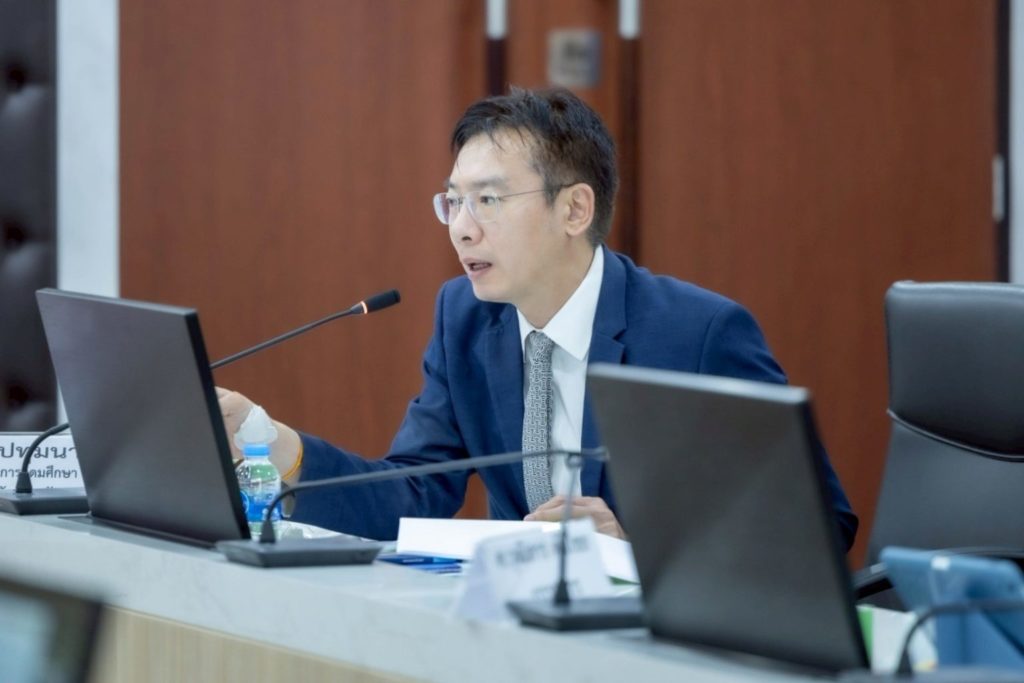
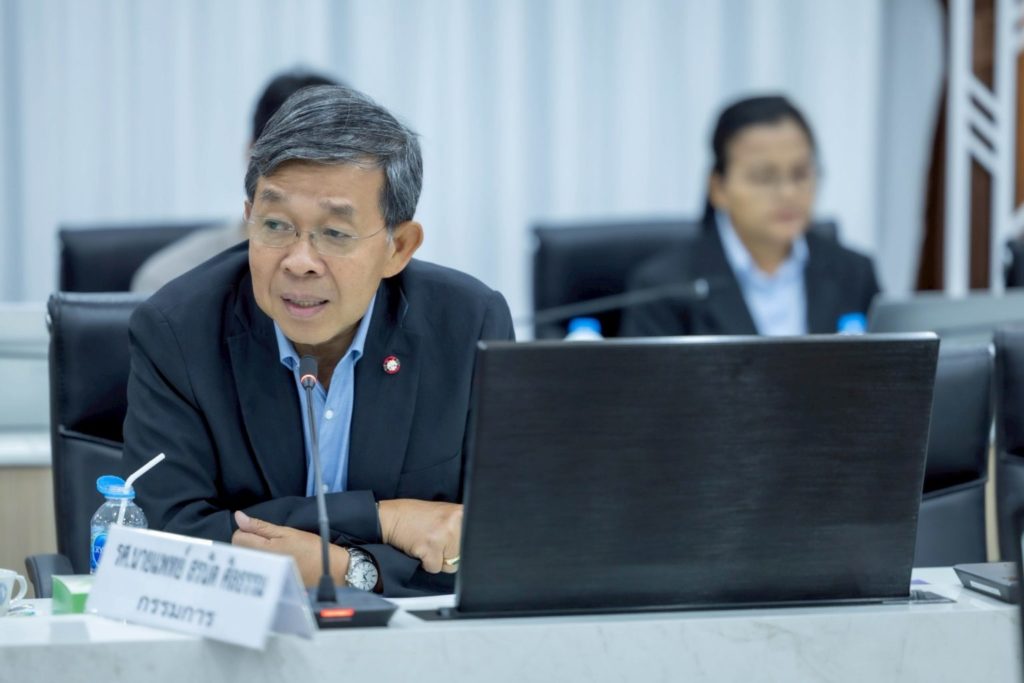

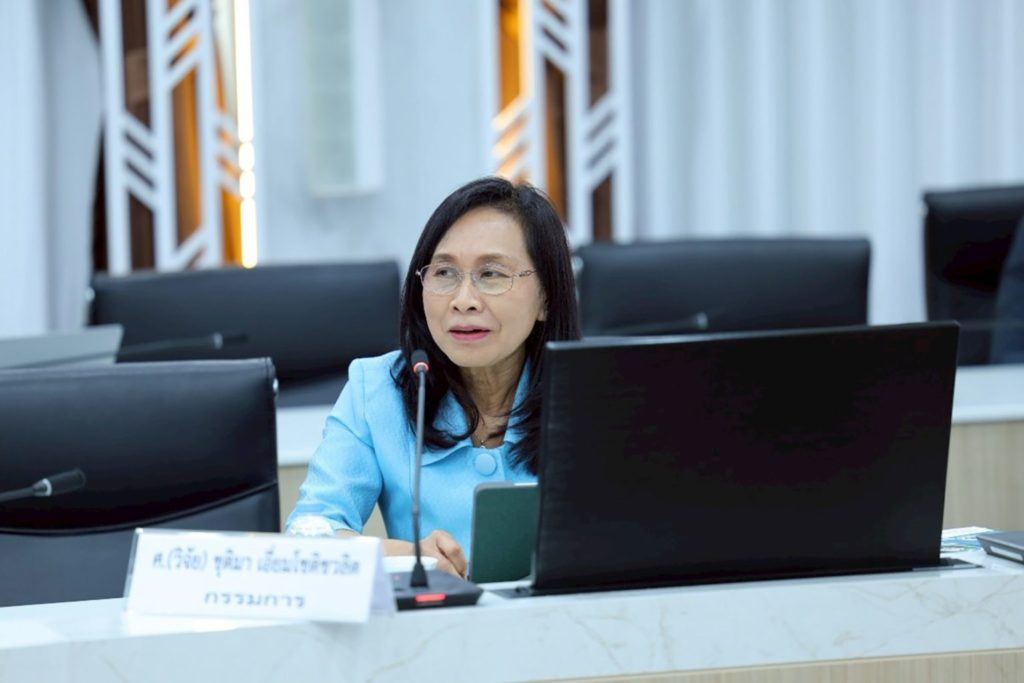
The meeting also recommended that SynBio development efforts span the entire value chain, actively involving SMEs — particularly those in agriculture and energy — and prioritizing the development of national infrastructure. Furthermore, mechanisms should be established to integrate science, research, and innovation with biological resource utilization and innovative product manufacturing.


